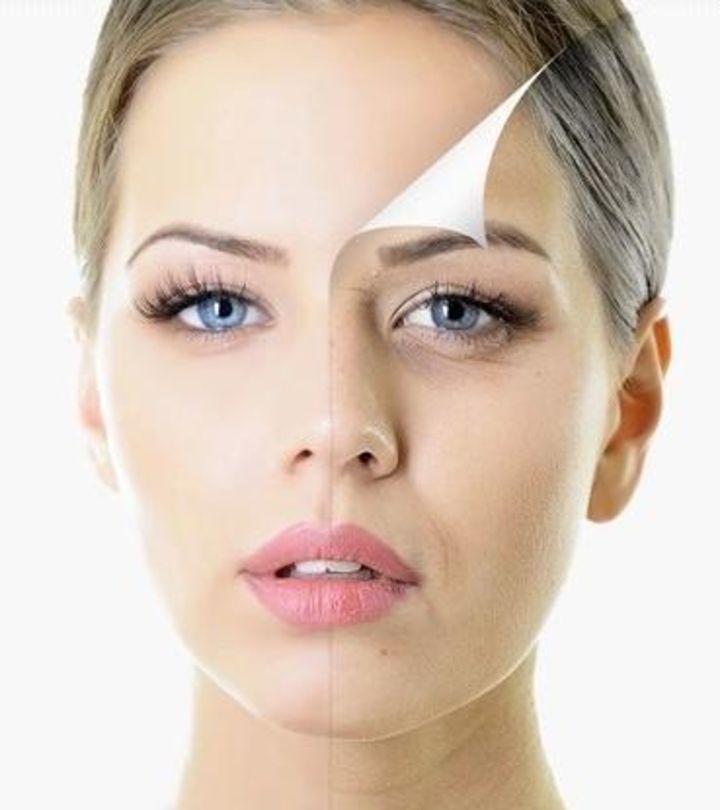
Makeup and beauty products can transform your look and make you feel more confident. With so many options to choose from, how do you find the best products for your needs? This ultimate guide covers everything you need to know about shopping for top-quality makeup items and cosmetics. Read on to discover tips for choosing […]
Read moreIn the ever-evolving world of makeup artistry, individuals passionate about natural beauty, fashion, and creativity continuously seek innovative ways to excel in their craft and forge a successful career. The advent of online education has revolutionized the industry, offering numerous benefits to makeup enthusiasts worldwide. In this article, we explore the transformative advantages of learning […]
Read more

Sunglasses have evolved beyond their practical role as eye protectors; they’ve become iconic fashion accessories. Among the myriad options available, mirrored sunglasses stand out for their unique blend of privacy and style. In this exploration, we unravel the allure of mirrored sunglasses, delving into the reasons they captivate fashion enthusiasts and those who value a […]
Read moreWhen it comes to women’s footwear, few options are as versatile and stylish as flip-flops. Whether you’re looking for flat, heeled, wedge, or casual footwear, the world of women’s footwear offers a wide array of choices. But with so many options available, how do you ensure you’re making the right selection? This guide will explore […]
Read more

People have been wondering for years what causes hair loss, and although there may not be a simple answer, there is something you can do about it, like stimulating shampoo for hair growth. But first, let’s look into some of the known reasons for hair loss. Hormone imbalances: Your hormones have a lot of power […]
Read moreYour wedding day is one of the most special moments in your life, and every detail matters – including the accessories your bridal party carries. Bridesmaid clutches and bridal bags play an essential role in completing the overall look and feel of your wedding. In this comprehensive guide, we’ll walk you through the steps to […]
Read more

Are you seeking a transformative skincare treatment that can unlock the secret to radiant, youthful skin? Look no further than Dermapen® microneedling! This revolutionary procedure is making waves in the world of aesthetics, offering many benefits that can enhance your complexion and boost your confidence. Let’s dive into the remarkable benefits of microneedling with Dermapen® […]
Read moreIn the perpetual quest to maintain youthful allure, many individuals use various cosmetic procedures. One such transformative option that stands out among the rest is the facelift surgery. Over the years, this procedure has evolved, becoming more advanced and less invasive, making it an increasingly popular choice for those seeking a rejuvenated appearance. The undeniable […]
Read more

Are you seeking a transformative skincare treatment that can unlock the secret to radiant, youthful skin? Look no further than Dermapen® microneedling! This revolutionary procedure is making waves in the world of aesthetics, offering many benefits that can enhance your complexion and boost your confidence. Let’s dive into the remarkable benefits of microneedling with Dermapen® […]
Read moreIn the vibrant city of Birmingham, Alabama, the pursuit of beauty and self-confidence has found a steadfast companion in the realm of plastic surgery. In this bustling metropolis, individuals have access to some of the most renowned plastic surgery practices, offering an array of transformative procedures that cater to a diverse clientele. Birmingham’s Plastic Surgery […]
Read more

Are you curious about Pilates and its remarkable benefits for your health and fitness? Pilates goes beyond being just another workout; it’s a holistic approach to wellness that can profoundly impact your physical and mental well-being. This comprehensive guide will delve into the vast health and fitness benefits of Pilates. By the end of this […]
Read moreAs we continue to adapt to the new normal, telehealth remains an essential component of healthcare. It has significantly transformed the way patients access care and has offered convenient alternatives for managing their health. But what does the future look like? Let’s explore the most promising telehealth developments and advancements we can expect in 2024. […]
Read more

We’ve all heard about solar power and electric cars. But what if I told you that something as ordinary as your engine oil, specifically 5W30 engine oil, could be a key part of making cars more environmentally friendly? Intriguing, isn’t it? You know, every word has a story behind it. Take the Spanish word “otra,” […]
Read moreIf you are a fan of art, and watch YouTubers who make over dolls or other models, then the concept of using clay and thermoplastic will not be new to you. After all, thermoplastics have been used in the creation of well-known dolls for a long time now. In fact, if you own a Barbie […]
Read more

In the realm of criminal justice, understanding the Oklahoma appeals process is crucial for individuals seeking justice or facing legal challenges. Navigating this intricate system requires a comprehensive understanding of the Court of Criminal Appeals and the procedures involved in a direct appeal. This guide aims to illuminate the path through which individuals can seek […]
Read moreTechnology continues to transform various aspects of our lives, including how we buy, sell, and manage real estate properties. One of the most significant advancements in recent years is the integration of home automation, particularly Internet of Things (IoT) devices, into residential properties. These smart devices offer convenience, efficiency, and security, revolutionizing the way homeowners […]
Read more
Developed by TwinzTech | © 2024 All Rights Reserved by Inkbeau | Visit: The Fit Scene